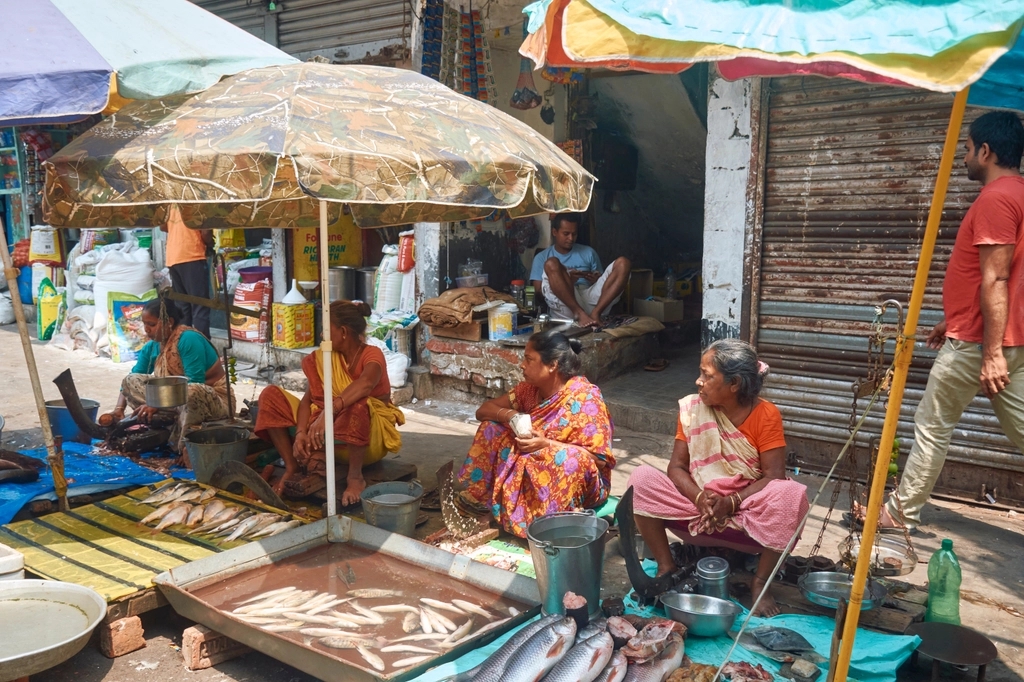Extreme heat in informal settlements: Evidence review

The problem of extreme heat is rising in prominence and urgency. Temperatures over 40°C and even 50°C are becoming more common in many regions. By 2100, between half and three quarters of the global population could be exposed to life-threatening heat and humidity.
People living in cities are at particular risk; urban areas experience hotter temperatures due to the ‘urban heat island effect’. That is where heat becomes trapped by buildings, concrete, urban density and infrastructure, and builds up rather than dissipates.
And within urban populations, those living in informal settlements are especially exposed. These dwellings emerge from rapid, unplanned urbanisation and expand incrementally. By definition, residents of informal settlements lack access to adequate housing, cooling infrastructure, water, electricity and healthcare. The 1.1 billion people around the world in this position are disproportionately vulnerable to extreme heat.
As cities and urban areas continue to grow, and as climate change worsens, risks for these people will intensify unless action is taken. What is required is a coordinated, multi-tiered approach that integrates social justice and equity, focusing on vulnerable populations to improve climate resilience.
In this paper, using analysis and case studies, the authors consider what it would take to build resilience to extreme heat for people living in informal settlements. They consider planning, finance and delivery of interventions. And they call for a collaborative approach which ensures that urban adaptation strategies are holistic, addressing not just heat stress but also the broader socio-economic challenges that amplify a range of connected climate risks.
The authors find that international support is needed for climate financing mechanisms that can reach the local level. National governments can do more to devolve and decentralise decision-making powers and resources to the local level. Regional networks can support innovation. And local adaptation strategies need to be incubated.
Urban planning processes should include participation from the people they affect. Local initiatives which collect and analyse disaggregated data about climate impacts should be pivotal in driving the design of targeted interventions.
Innovative financing mechanisms will be key. In informal settlements, where public and international climate finance may be inaccessible, community-driven savings schemes can support residents to implement adaptive measures and leverage additional resources. Meanwhile, innovative municipal financing mechanisms such as green bonds could finance cooling infrastructure, water management projects, and housing upgrades in vulnerable areas.
It is essential that efforts to promote resilience do not leave the residents of informal settlements behind.
Download 'Extreme heat in informal settlements'
